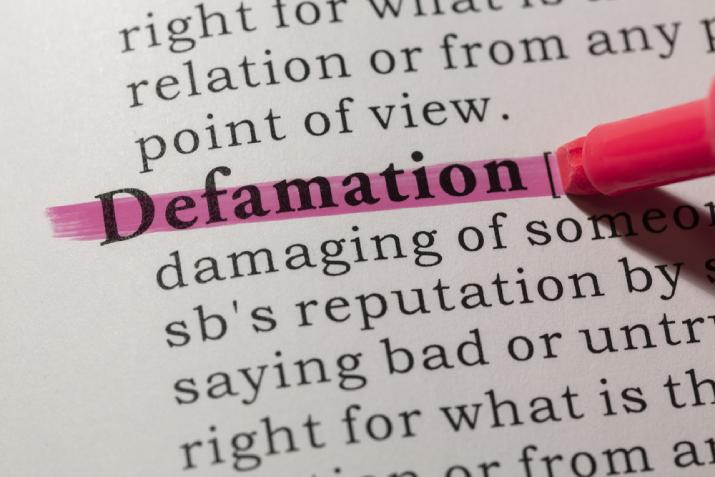The Premier Versus Clive Palmer

The various legal actions launched by the mining magnate are costing Western Australian taxpayers millions to defend.
The defamation suit launched by mining magnate and politician Clive Palmer will hit a potential snag if Western Australian border closures with New South Wales remain into next year.
At this stage, no date has been set for opening domestic borders, or reinstating international travel, with the Western Australian government suggesting it is still a ‘wait and see’ proposition.
But if borders remain closed, there could be a potential problem for Premier Mark McGowan, who is expected to appear in a Sydney court in January 2022, to defend the defamation case launched by Clive Palmer. Under the current Covid19 public health rules, the Premier would be expected to isolate for two weeks upon his return.
Many court processes have transitioned online, via video link, or electronic communication during the pandemic as courts have tried to maintain justice processes without the need for people to attend court and share common spaces. But given the time difference between Western Australia and Sydney, running the entire case by video link doesn’t appear to a feasible option.
The matter is scheduled for a case management hearing in November, and some of the logistics are likely to be discussed at that time.
Clive Palmer launched the defamation case after he was allegedly described as an “enemy of the state”. The Premier then made a counterclaim.
This is one of several legal actions that have been brought by Mr Palmer. These legal battles have already cost Western Australian taxpayers almost $1.5 million and are expected to cost a further $3.25m over the next two years.
What is defamation?
Defamation occurs when a person’s reputation has been harmed or ‘defamed’ by comments someone else has spoken or the words someone else has published about them, resulting in their community standing being affected or their personal character being tarnished. Defamation can include drawings and photographs too.
Defamation is explained in the Western Australian Defamation Act 2005.
Defamation claims are typically civil claims. They can be incredibly complex and time consuming and the law encourages people to resolve these matters without going through the courts, like Former Attorney General Christian Porter did with the ABC.
Even if defamation is proven, the court will not always award ‘damages’ to the injured party.
In some circumstances, a person can make statements that harm someone else’s reputation without being defamatory.For example, if the comments are shown to be substantially true, or if the publication involves ‘fair’ reporting about matters of public concern, or the information published has been taken from documents that are already publicly available.
While the courts do take due care to uphold freedom of speech, in defamation cases it is not always a viable defence.
Defamation can also be a criminal offence. Where a person or ‘publisher’ knows that, or is inconsiderate and uncaring about making a false statement, or has the intention of causing harm to another person’s reputation, then criminal defamation charges can be laid.
Contact Us
If you are facing criminal charges and need representation from an experienced Criminal Lawyer, contact the Andrew Williams Criminal Law Offices without delay on (08) 9278 2575.
PLEASE NOTE: The material in this blog post is for informational use only and should not be construed as legal advice. For answers to your questions regarding this or other topics, please contact a professional legal representative.
